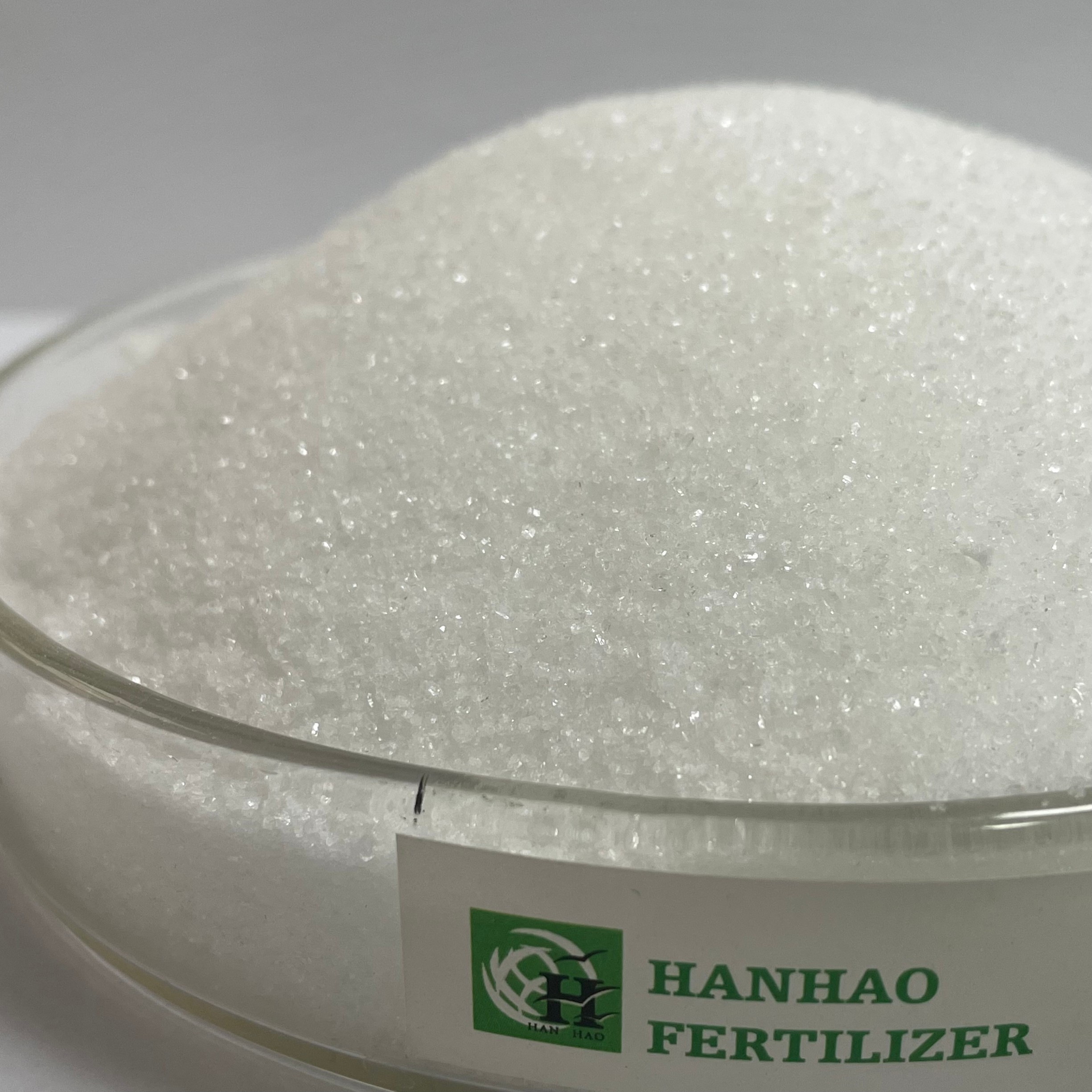
Dec . 04, 2024 18:20 Back to list
mkp fertiliser
The Benefits and Importance of MKP Fertiliser in Modern Agriculture
In the dynamic realm of agriculture, the selection and application of fertilisers play a crucial role in enhancing crop yield and ensuring sustainable farming practices. Among the various fertilisers available, Mono Potassium Phosphate (MKP) emerges as a standout option, appreciated for its unique composition and efficiency in promoting plant growth.
Understanding MKP Fertiliser
Mono Potassium Phosphate is a highly soluble fertiliser that contains two essential nutrients potassium (K) and phosphorus (P). Its chemical formula, KH2PO4, showcases a balance that provides both macronutrients vital for plant development. The solubility of MKP allows it to dissolve easily in water, making it an ideal choice for fertigation—the process of applying fertilisers through irrigation systems.
MKP’s dual action makes it particularly beneficial during the early stages of plant growth when seedlings require a robust foundation to establish themselves. Phosphorus, known for its role in energy transfer and photosynthesis, helps plants develop a healthy root system, while potassium is crucial for regulating water usage in plants, improving their resistance to stresses such as drought or disease.
Advantages of Using MKP Fertiliser
1. Enhanced Nutrient Uptake The high solubility of MKP ensures that plants can quickly absorb the nutrients it offers. This rapid uptake is crucial during critical growth phases, leading to healthier plants and increased yields.
2. Improved Crop Quality Studies have demonstrated that MKP can lead to enhanced fruit quality, as well as improved flower and fruit set. This is particularly important for commercial growers seeking to maximise profitability through high-quality produce.
3. Balanced Nutrient Supply Unlike some fertilisers that may provide excess nutrients resulting in imbalance, MKP delivers both phosphorus and potassium in a balanced form. This controlled nutrient release helps prevent issues such as nutrient lockout, ensuring that plants receive the essential elements without the risk of toxicity.
mkp fertiliser

4. Versatility MKP can be used on a wide variety of crops, from vegetables and fruits to ornamental plants. Its versatility extends to different growing conditions, making it suitable for both greenhouse cultivation and field applications.
5. Supports Physiological Functions Potassium aids in the regulation of various physiological processes, including photosynthesis, enzyme activation, and synthesis of proteins and starches. This is crucial for overall plant health and growth.
Application and Usage
MKP can be applied in multiple ways, including as a foliar spray or through fertigation systems. For farmers and agronomists, determining the appropriate application rates and timing is essential to maximise benefits. Soil testing can help ascertain the existing nutrient profile, allowing for tailored fertilisation strategies.
Typically, MKP is applied at key growth stages—such as bud formation in flowering plants or during early vegetative growth in crops—to ensure that nutrient availability aligns with plant needs.
Environmental Considerations
Sustainability is at the forefront of modern agricultural practices, and MKP fertiliser aligns with these goals. Its efficient nutrient profile helps reduce the risk of leaching, ensuring that nutrients stay in the soil where they can be used effectively by plants. Additionally, the use of water-soluble fertilisers like MKP can aid in precision agriculture, allowing farmers to apply just the right amount of nutrients where and when they are needed.
Conclusion
In conclusion, MKP fertiliser stands out as an efficient, high-quality nutrient source for enhancing plant growth and crop yield. Its balanced nutrient supply, combined with its versatility and environmental benefits, makes it a valuable tool for farmers seeking to adapt to the ever-increasing demands of global food production. As we look towards a future that emphasises sustainability and efficiency, the role of MKP in agricultural practices will likely continue to grow, paving the way for more productive and environmentally responsible farming.
-
Premium Organic Manure Compost for Eco Gardens
NewsAug.01,2025
-
Organic 10-10-10 Fertilizer | Balanced Plant Nutrients
NewsJul.31,2025
-
Premium Amino Acid Fertilizer | Rapid Plant Growth Booster
NewsJul.31,2025
-
10 10 10 Fertilizer Organic—Balanced NPK for All Plants
NewsJul.30,2025
-
Premium 10 10 10 Fertilizer Organic for Balanced Plant Growth
NewsJul.29,2025
-
Premium 10 10 10 Fertilizer Organic for Balanced Plant Growth
NewsJul.29,2025
